-
A Season of Gratitude and Light
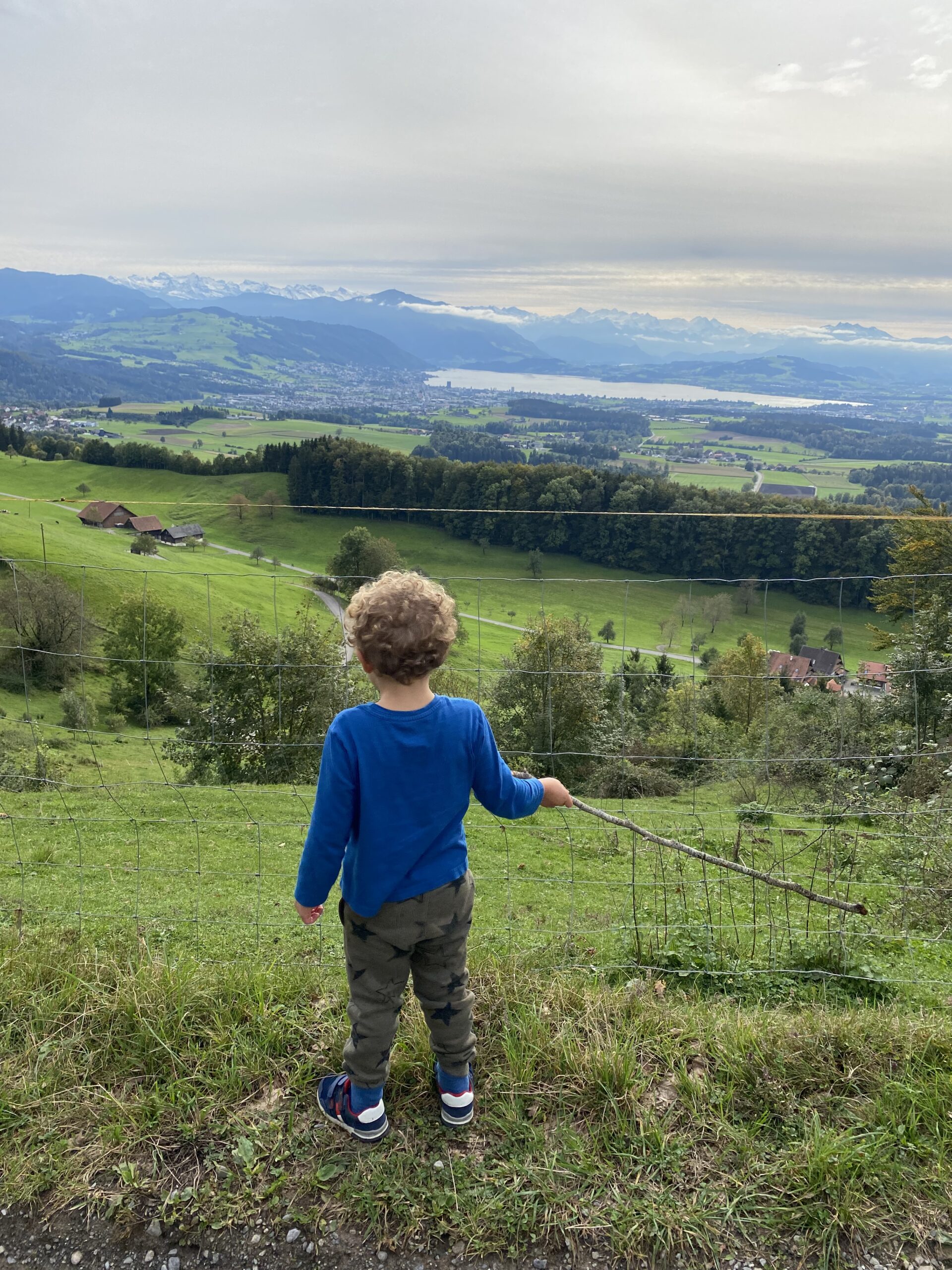
Celebrating Our Global Community Our students, parents, and staff bring an extraordinary range of celebrations, from Chuseok in Korea and the Mid-Autumn Festival in China, to Thanksgiving, Christmas, Erntedankfest, Räbeliechtli-Umzug, Kwanzaa, and Sukkot in Europe, Africa, and North America, among others. Each tradition is an opportunity to honour and celebrate our ISZL community. As we…
-
Celebrating New Beginnings
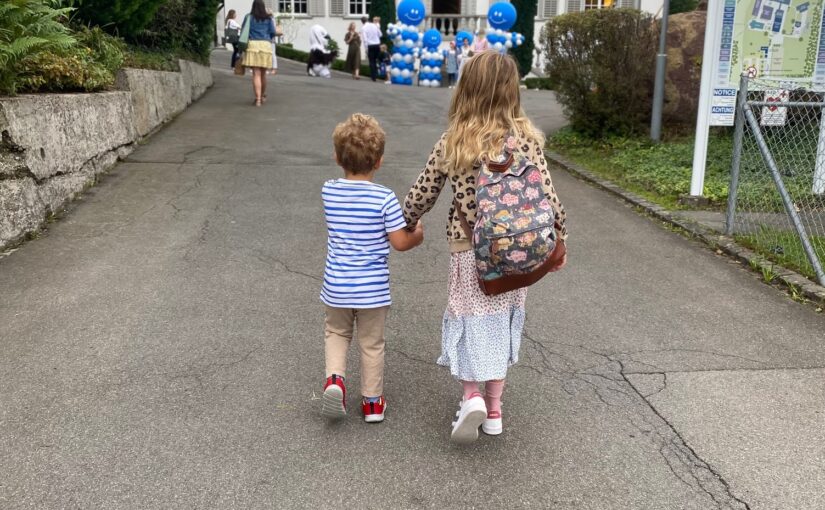
The first day of school is always a momentous occasion, and today was no exception. As the first rays of dawn illuminated our campuses this morning, they also ushered in the promise of fresh beginnings. With the arrival of our students, ISZL’s once quiet halls and open spaces were instantly transformed, infused with the vibrant…
-
Bidding Goodnight to Our School Year

Today marked our last meeting of the year together as a staff, which always prompts a moment of reflection. As children’s books provide poignant life lessons, I will defer to one of my favourites, Goodnight Moon, which I have often read to my own children in recent years. While written for young children, Goodnight Moon…
-
The ISZL Podcast
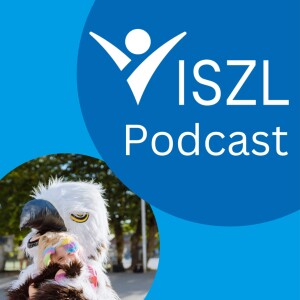
Just ahead of publication, an interview about the articles in this year’s ISZL Magazine, including student agency in the Primary School, outdoor learning, and whole school Art. Podcast Link
-
The Precious Gift of Time
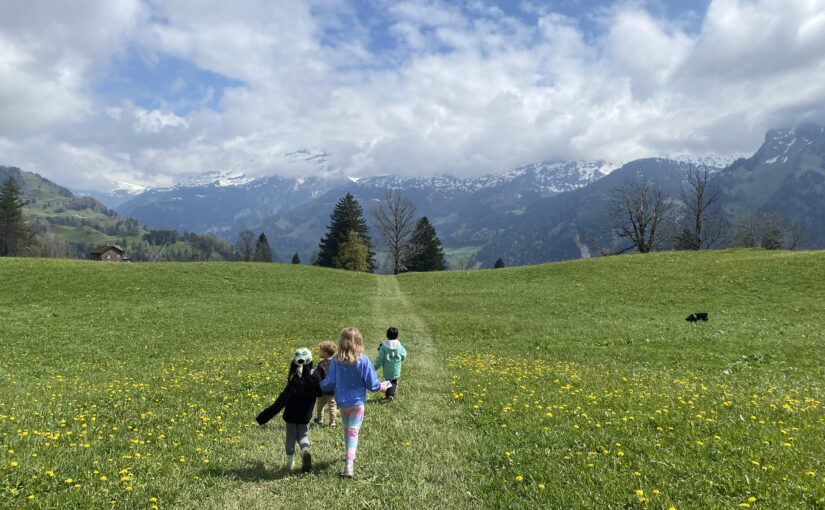
The following are my opening words at ISZL’s 2024 Graduation Ceremony. Grüezi mitenand. Good Afternoon. To our honoured attendees: ISZL’s Board of Trustees, Teachers and Staff, Families and Friends, and all those watching from around the world via live stream video, welcome to our commencement ceremony. It is my utmost privilege to present ISZL’s Class…
-
A Better, Kinder Place in 2024
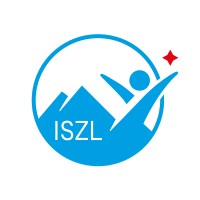
The breaks in our school calendar offer us the privilege to pause, reflect, and consolidate learning at individual and institutional levels. Then, with renewed zeal, we return to classes, embracing our ISZL journey, steered by our commitment to learning, community building, and fostering belonging in a world that can sometimes feel chaotic. In this context,…
-
Better Together
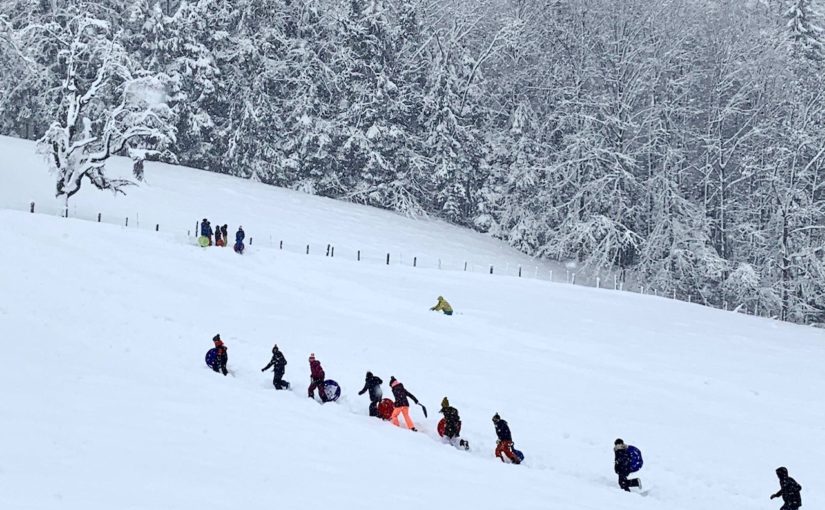
Reflecting on the state of world affairs and the challenges we have been facing, from a worldwide pandemic to historical political events to social injustice, among other critical issues, it would be easy to understand the impulse to have consigned 2020 to the local Ökihof (Swiss recycling centre) for recycling and become a distant memory.…
-
Journeys and Transitions

While the very nature of an international community is one of transience, it is important not to diminish the challenges and opportunities associated with the transitions themselves. As the departure of valued colleagues and dear friends are accompanied by the arrival of new families and the promise of new friendships, we also find ourselves managing…
-
From One Parent to Another…

This letter to parents has been written by an ISZL Parent/Teacher: Dear Parents, I have been thinking about you a lot lately. Like you, I’ve just finished attempting to motivate my Primary School aged son to organise his day. He begins with eagerness but his attention is limited, and to be honest, working from home has shown me that mine can…
-
Learning Into Action
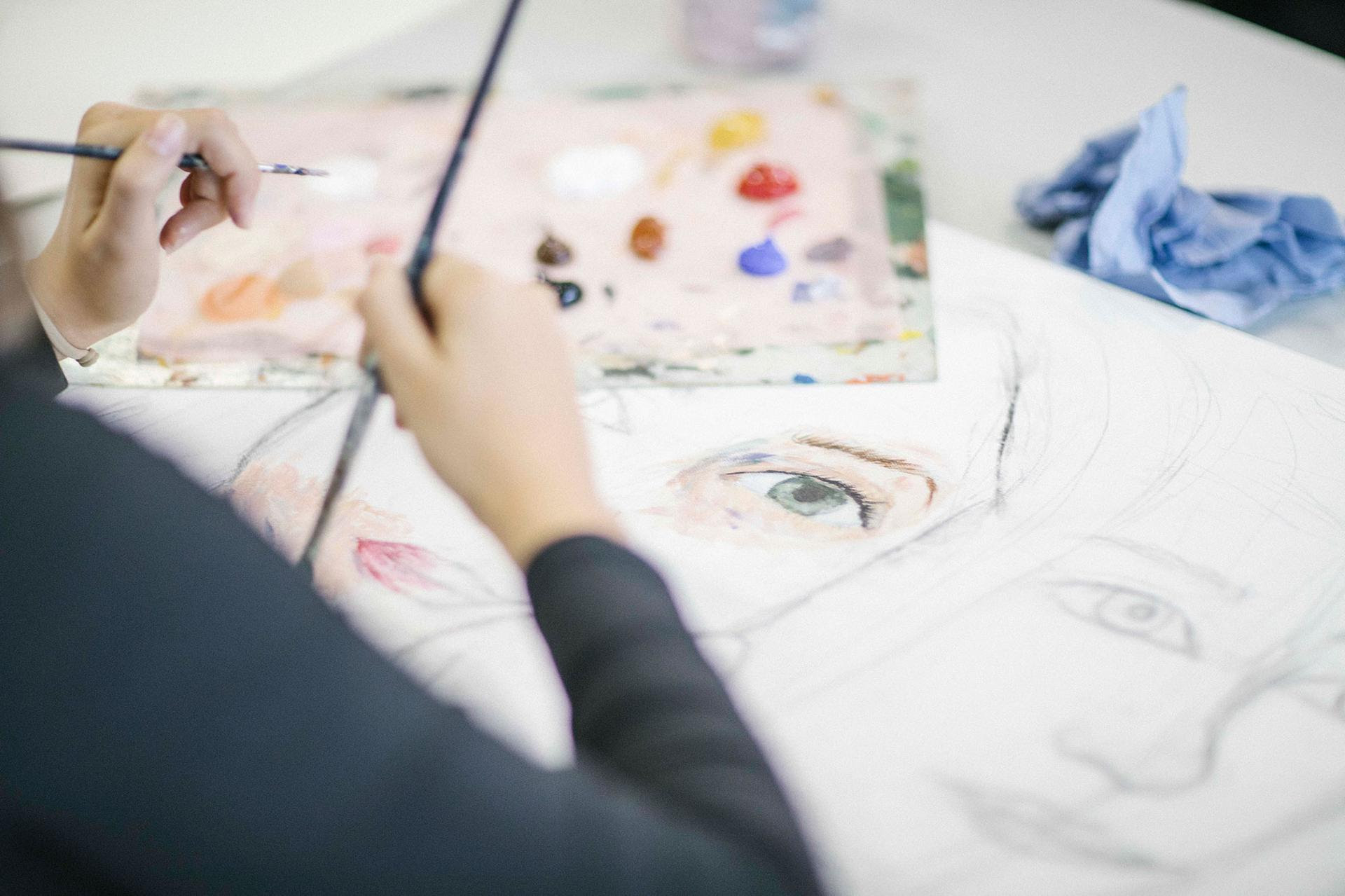
What is your mission or purpose in life? What is your vision for your personal future? While we may not ask ourselves these questions very often, the ensuing reflections are often helpful in clarifying our values, articulating what is important to us, guiding our decisions, and determining how we focus our energy and time. As…
